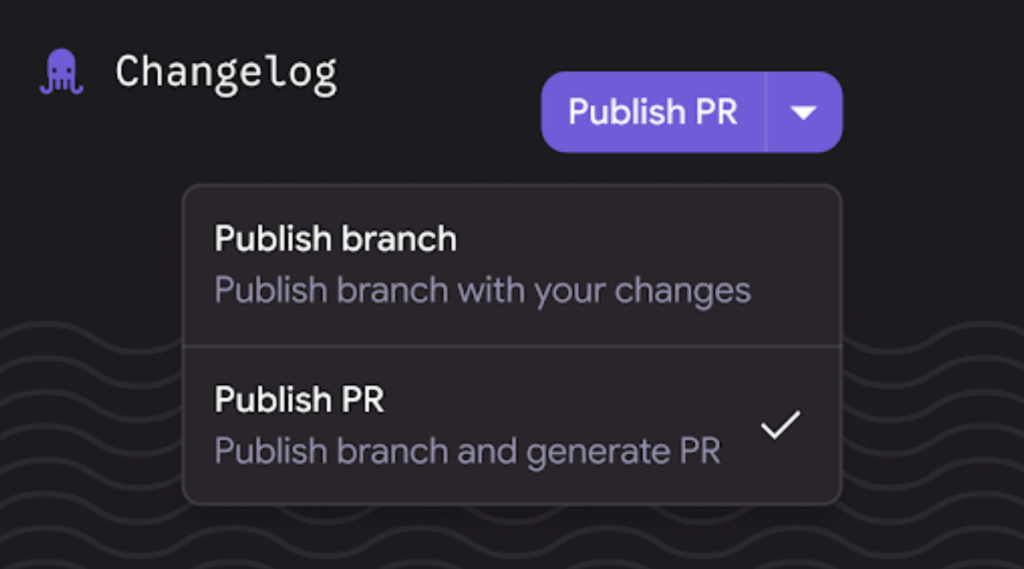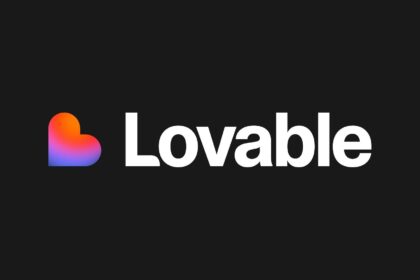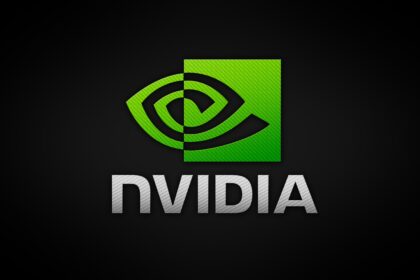Google has officially launched its AI-powered coding agent Jules out of beta, just over two months after its public preview debuted at Google I/O in May 2025. Built on Gemini 2.5 Pro, Jules is an asynchronous, agent-based tool designed to assist developers by handling tasks like code debugging, updating, and project setup—freeing them to focus on higher-level development work.
Initially introduced as a Google Labs project in December 2024, Jules integrates directly with GitHub, cloning repositories into Google Cloud virtual machines. It allows users to kick off coding tasks and step away, unlike synchronous agents that require real-time interaction.
“Jules operates like an extra set of hands,” said Kathy Korevec, Director of Product at Google Labs, in an interview with TechCrunch. “You can start a task, close your laptop, and come back hours later to find it completed.”
New Pricing Tiers and Feature Enhancements
With the broader rollout, Google introduced structured pricing for Jules. The entry-level “introductory access” tier is free but limits users to 15 tasks per day and three concurrent tasks down from 60 during the beta. Paid options are now bundled into Google’s AI Pro and Ultra plans, priced at $19.99 and $124.99 per month, offering 5× and 20× higher usage limits, respectively.
Korevec said the pricing strategy is based on actual usage insights from the beta phase. “The beta helped us understand how developers were using Jules in real scenarios. The new limits are designed to give users a meaningful experience to test the tool’s value.”
Privacy Clarifications and GitHub Integration
Jules’ privacy policy was also updated to clarify data usage. Google confirmed that only public repositories may be used for model training; private repositories are excluded entirely. “We didn’t change how data is handled,” said Korevec, “but we did make the language clearer based on user feedback.”
Jules now also features deeper GitHub integration. In addition to opening branches, the tool can now create pull requests automatically. A new “Environment Snapshots” feature lets users save install scripts and dependencies, enabling more consistent and faster task execution.

Beta Insights: Mobile, Global Reach, and Developer Behavior
During beta testing, developers completed more than 140,000 coding improvements using Jules, and Google added several features in response to feedback such as multimodal input support and GitHub issue integration.
Jules has attracted 2.28 million visits since launch, with 45% of traffic coming from mobile devices, according to SimilarWeb. India led the traffic, followed by the U.S. and Vietnam.
Interestingly, many developers used Jules for so-called “vibe coding” rapid prototyping or experimental builds—and then relied on the AI agent to refine those projects into more robust, production-ready code. Initially, Jules required an existing codebase, but after seeing strong interest from users starting from scratch, Google enabled the tool to work with empty repositories as well.
Mobile access is another emerging use case. While Jules does not yet have a native mobile app, users have been interacting with it via the web app, prompting the team to explore mobile-specific features.
Internal Use at Google
Jules isn’t just for external developers. Korevec confirmed that Google teams are already using the tool internally, and that there’s now a “big push” to expand Jules’ adoption across more in-house projects.
“The progress we’ve seen gives us confidence that Jules isn’t just a side project—it’s here to stay,” she said.







